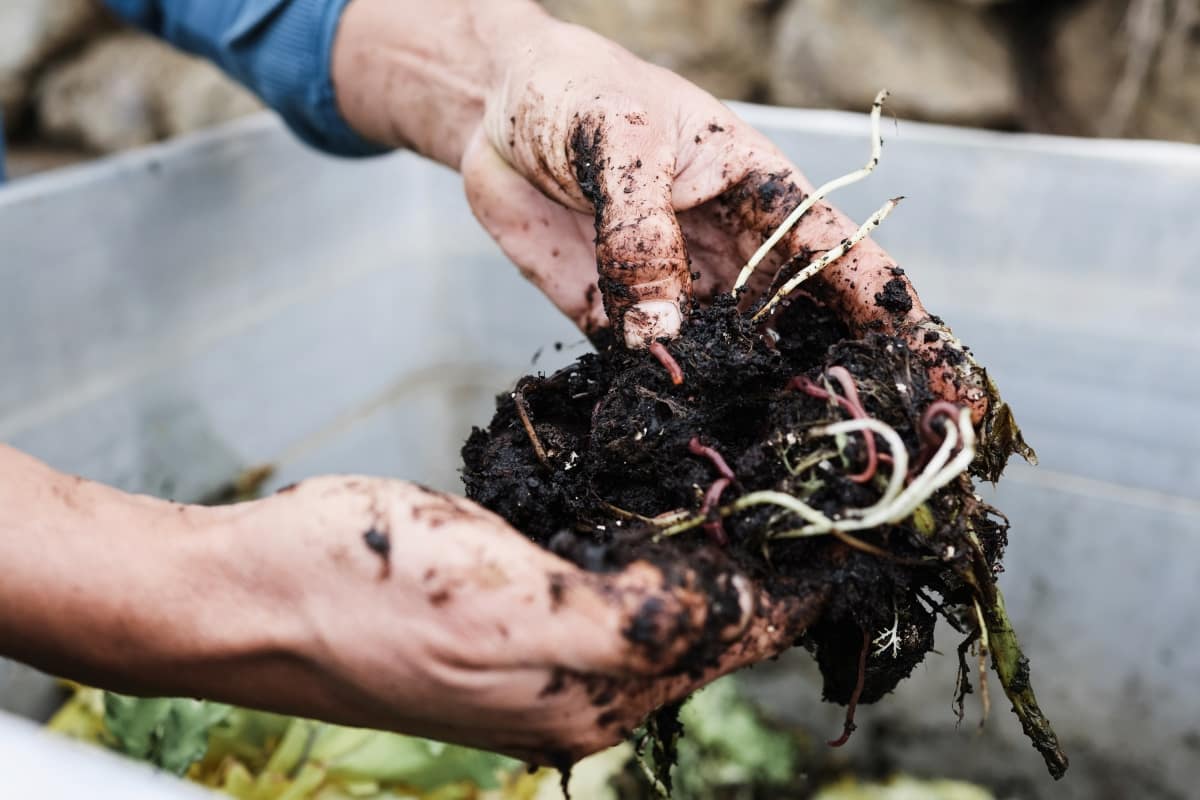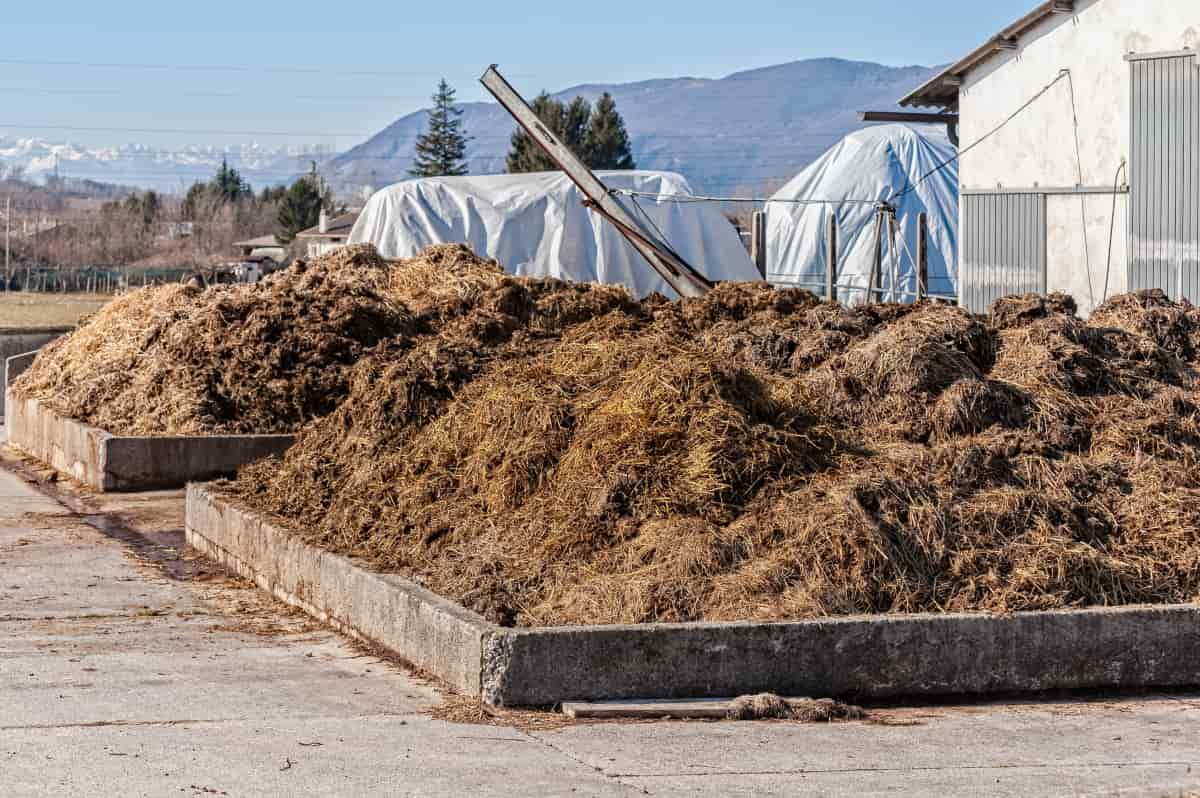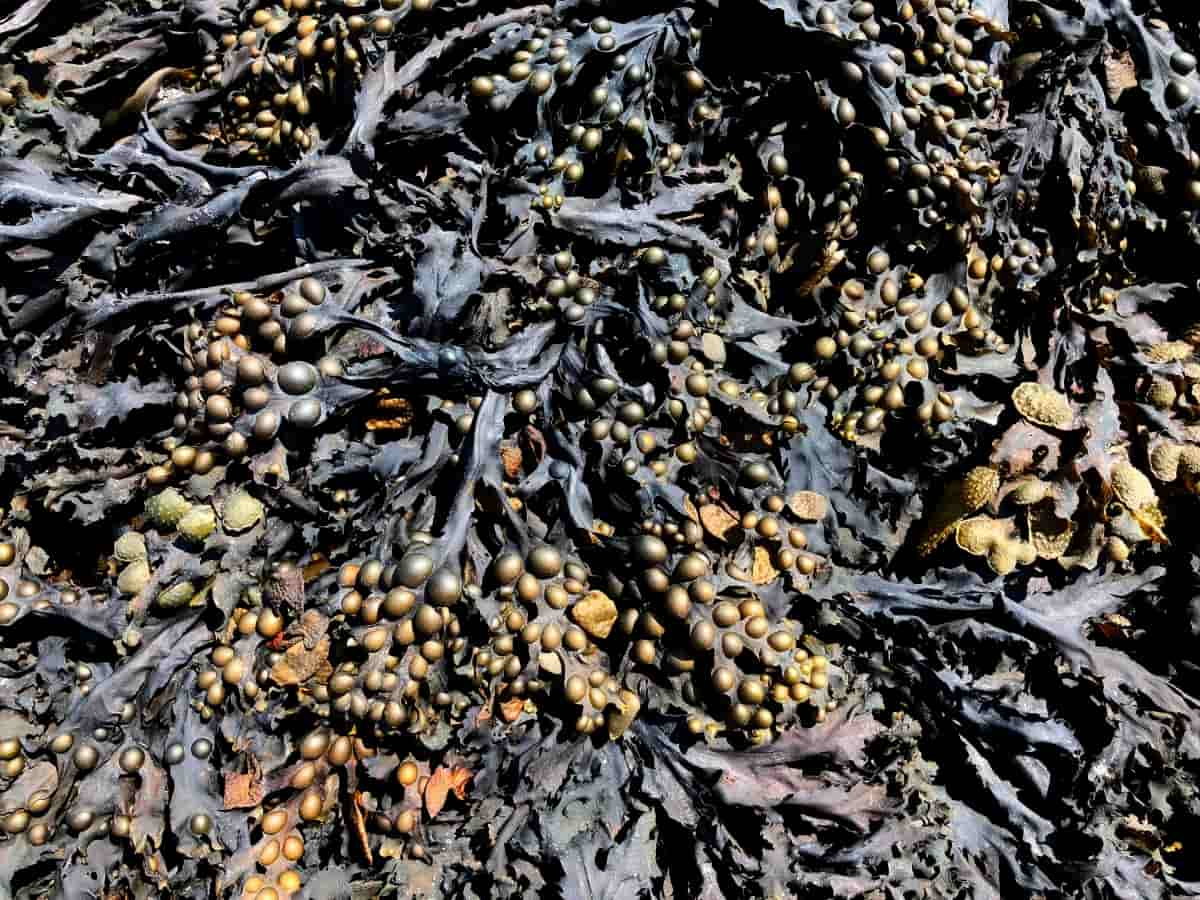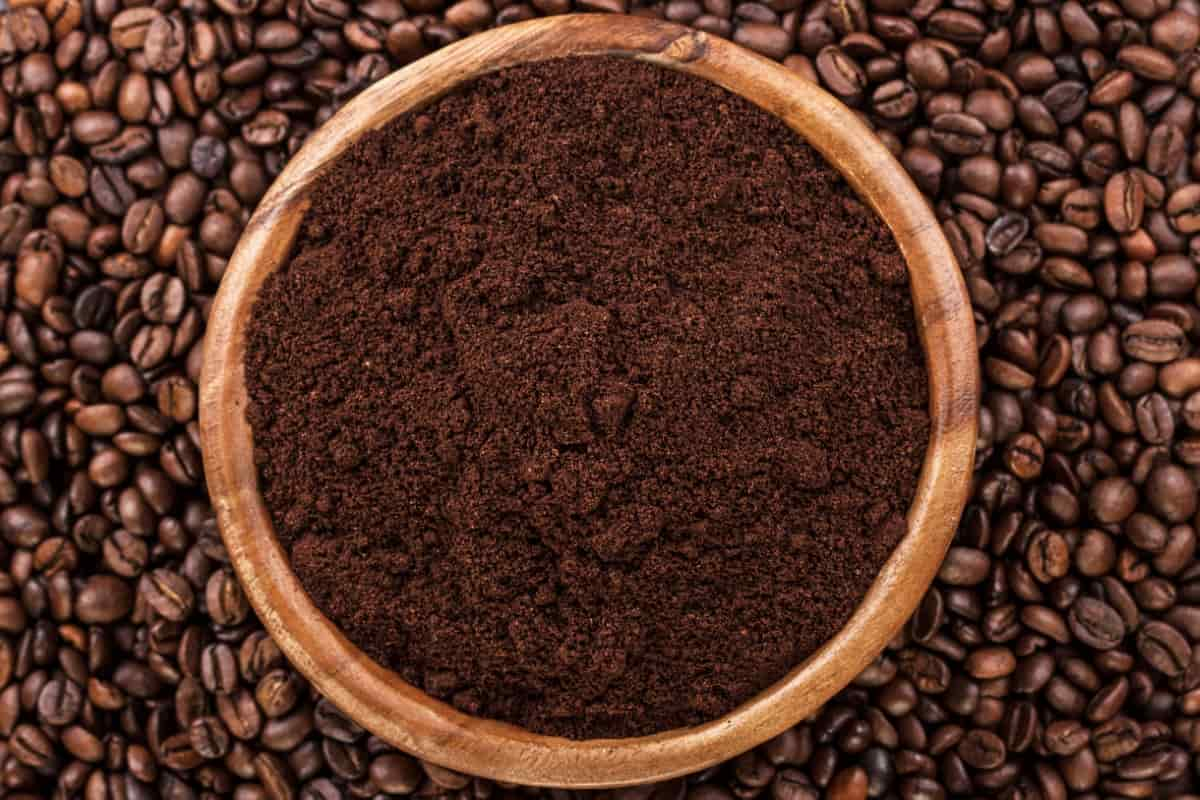Organic fertilizers are pivotal in enhancing soil health and plant growth, offering a sustainable and eco-friendly approach to agriculture. This article delves into various organic fertilizers, from compost to cover crops, highlighting their unique benefits and uses.
Types of Organic Fertilizers
Understand Organic Fertilizers: A Comprehensive Guide
Organic fertilizers play a crucial role in sustainable agriculture, offering an eco-friendly solution for nourishing plants. Different types of fertilizers used in agriculture, especially organic ones, significantly impact plant growth and soil health. The best fertilizer for plants and flowers is often organic, as it not only supplies essential nutrients but also improves soil structure.
Organic fertilizer for plants comes in various forms, each with unique benefits and uses. The importance of fertilizer to plants cannot be overstated, as they provide essential nutrients like nitrogen, phosphorus, and potassium, which are critical for healthy growth.
The Role of Organic Fertilizers in Plant Growth
Organic fertilizers are key in providing the necessary nutrients for plant growth, enhancing soil quality, and ensuring sustainable agriculture practices. They slowly release nutrients, ensuring a steady supply for plants, unlike synthetic fertilizers that can cause nutrient overload. Types of fertilizer for plants vary, but organic options are often preferred due to their natural composition and environmental benefits.
These fertilizers improve soil structure, increase water retention, and encourage beneficial microbial activity, all of which are vital for healthy plant growth. The importance of fertilizer to plants lies in their ability to supply essential nutrients like nitrogen, phosphorus, and potassium (NPK), which are critical for various growth stages. Each type of organic fertilizer offers different NPK ratios, catering to the specific needs of plants and flowers.
Compost
Compost is a widely used organic fertilizer for plants, made from decomposed organic matter like leaves, vegetable scraps, and garden waste. It is a cornerstone in the types of fertilizers used in agriculture due to its rich nutrient content and soil-enhancing properties. It improves soil structure, increases water retention, and encourages the growth of beneficial microorganisms.

As a fertilizer for plant growth, compost offers a slow release of nutrients, ensuring a consistent and balanced supply. It’s considered one of the best fertilizers for plants and flowers due to its versatility and effectiveness in boosting plant health and soil fertility.
Manure
Manure, another popular organic fertilizer, comes from animal waste and is a potent source of nutrients for plants. Commonly used in agriculture, manure enriches the soil with nitrogen, phosphorus, and potassium, although its NPK ratio can vary based on the animal source and processing method.
As a fertilizer for plant growth, manure improves soil texture, enhances moisture retention, and promotes beneficial microbial activity. Its slow-release property makes it an excellent choice for sustainable agriculture, providing long-term nutrition to plants. Manure is particularly effective in improving the fertility of poor soils, making it a valuable addition to the types of fertilizer for plants.
In case you missed it: Best Fertilizers for Saffron: Best Practices for Nutrient Management in Saffron

Bone Meal
Bone meal, a byproduct of meat processing, is a notable organic fertilizer rich in phosphorus and calcium, essential for plant development. It has an NPK ratio with a high phosphorus content, making it ideal for stimulating root growth and flowering in plants. As a type of fertilizer used in agriculture, bone meal is especially beneficial for bulbs and root crops. It slowly releases nutrients, providing a long-lasting effect and ensuring steady growth. Using bone meal as fertilizer for plant growth can significantly enhance flowering and fruiting, making it a preferred choice for gardeners and farmers.
Fish Emulsion
Fish emulsion, derived from processed fish, is a fast-acting, nitrogen-rich organic fertilizer beneficial for plant growth. It provides a high nitrogen content, essential for leafy growth and overall plant health. The NPK ratio of fish emulsion typically emphasizes nitrogen, although it also contains other essential nutrients.
As an organic fertilizer for plants, fish emulsion is especially useful for leafy vegetables and plants requiring a quick nutrient boost. It improves soil quality, stimulates microbial activity, and can be easily applied through foliar feeding or soil drenching. Fish emulsion is regarded as a highly effective fertilizer in agriculture, promoting vigorous growth and improving plant resilience.
Seaweed
Seaweed is an excellent organic fertilizer known for its broad spectrum of nutrients, including trace elements often lacking in other fertilizers. It has a balanced NPK ratio, although it’s generally lower in concentration compared to other organic fertilizers. Seaweed is particularly valued for its growth hormones and micronutrients, which stimulate plant growth and enhance stress resistance.
In case you missed it: Best Fertilizer for Artichokes: Organic, NPK, Liquid and Slow-Release

As a fertilizer for plant growth, seaweed improves root development, increases yield, and boosts overall plant health. Its use in agriculture is growing due to its sustainability and efficacy in promoting healthy, robust plants.
Wood Ash
Wood ash, a byproduct of burning wood, is a unique organic fertilizer rich in potassium and calcium, crucial for plant health. Its NPK ratio is typically high in potassium, making it beneficial for flowering and fruiting plants. Wood ash also helps to raise soil pH, making it an excellent choice for acidic soils.
As a type of fertilizer for plants, it enhances nutrient availability and promotes strong root development. However, it should be used sparingly, as excessive application can lead to nutrient imbalances. In agriculture, wood ash is valued for its ability to improve soil quality and provide essential nutrients, contributing to healthier and more productive plants.
Coffee Grounds
Coffee grounds are an increasingly popular organic fertilizer, offering several benefits for plant growth. They are particularly rich in nitrogen, making them an excellent addition to compost or directly to the soil as a nitrogen supplement. The use of coffee grounds as a type of fertilizer for plants is gaining traction due to their easy availability and nutrient content. They help improve soil structure, increase water retention, and add organic matter to the soil.
In case you missed it: Fertilizer Subsidy Programs in India: Government Schemes for Financial Assistance

While their NPK ratio is not as high as some other organic fertilizers, their nitrogen content is particularly beneficial for leafy plants and during the vegetative growth stage. Coffee grounds are considered a versatile and sustainable option in the range of organic fertilizers used in agriculture, suitable for a variety of plants, including vegetables and flowers.
Eggshells
Eggshells are a simple yet effective organic fertilizer, mainly known for their calcium content, which is crucial for plant cell wall structure and overall health. They help in preventing blossom end rot in tomatoes and other fruiting plants, a condition often linked to calcium deficiency. Crushed eggshells can be added directly to the soil or mixed into compost.
While they do not have a notable NPK ratio, their value lies in providing calcium and other micronutrients. Eggshells also help in moderating soil acidity, benefiting plants that prefer a more neutral pH. As a type of fertilizer for plants, eggshells are particularly useful in gardens where calcium levels are low or for plants with high calcium requirements. Their use in agriculture is a sustainable way to recycle kitchen waste and provide essential nutrients to the soil.
Green Manure
This type of organic fertilizer is significant in agriculture for its role in enhancing soil health, adding organic matter, and preventing erosion. Green manure crops, such as clover, alfalfa, and mustard, are sown and then plowed into the soil before they flower. These plants add valuable nutrients, including nitrogen, to the soil, improving its overall nutrient profile. The practice of using green manure as a type of fertilizer for plants is an effective way to naturally increase soil fertility, suppress weeds, and improve soil structure. It’s an environmentally friendly approach that reduces the need for chemical fertilizers and supports sustainable farming practices.
Cover Crops
They are an essential aspect of sustainable agriculture, used to protect and enhance soil quality between planting seasons. Cover crops, such as rye, vetch, and buckwheat, help prevent soil erosion, suppress weeds, and improve soil moisture retention. When turned into the soil, they provide organic matter and nutrients, improving soil fertility and structure. The use of cover crops as a type of fertilizer for plants is a proactive approach to maintaining soil health, reducing the need for external fertilizers, and promoting a balanced ecosystem.
Conclusion
Organic fertilizers like compost, manure, and green manure play an indispensable role in sustainable agriculture, contributing significantly to soil health and plant growth. Their diverse forms and benefits underscore the importance of natural, eco-friendly practices in nurturing plants and preserving soil quality for future generations.
- Feed Your Flock for Less: Top 10 Tips to Save on Chicken Feed
- Ultimate Guide to Ossabaw Island Hog: Breeding, Raising, Diet, and Care
- Hatching Answers: The Top 10 Reasons Your Chickens Aren’t Laying Eggs
- Eggs and Economics: Breaking Down the Cost of Raising Backyard Chickens
- Defend Your Greens: Proven Methods to Keep Iguanas Out of Your Garden
- Ultimate Guide to Cinnamon Queen Chicken: A Comprehensive Guide for Beginners
- Ultimate Guide to California Tan Chicken: Breeding, Raising, Diet, Egg-Production and Care
- Ultimate Guide to Marsh Daisy Chicken: Breeding, Raising, Diet, and Care
- 10 Types of Chicken Farming Businesses You Can Start for Profits